Language‚ power and aid effectiveness - Journey to Scale
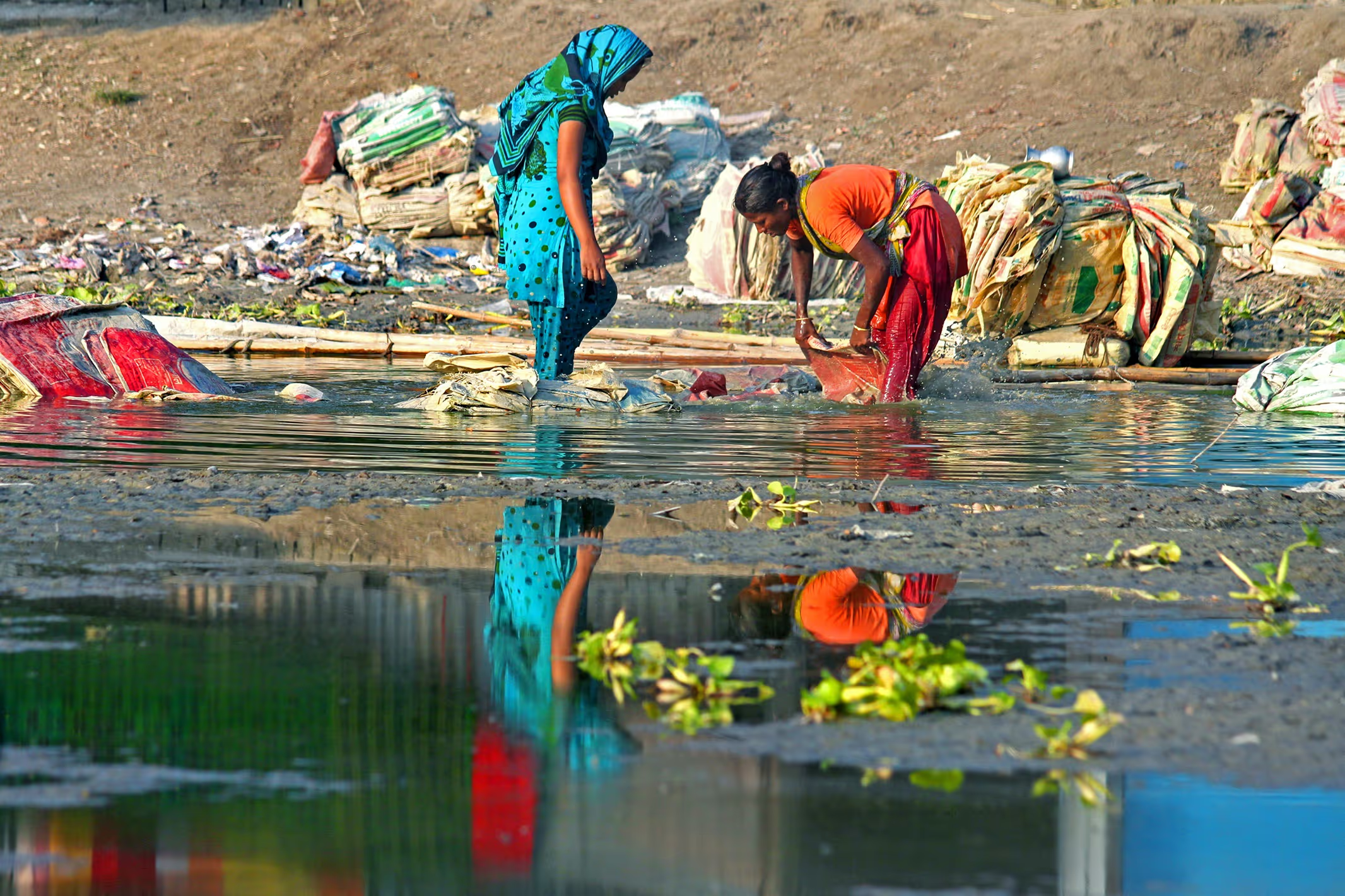
What’s in a word? A great deal, at times.
For one refugee in Greece, the words to describe her illness werelacking because there were no interpreters at the hospital she was taken to; she suffered the trauma of an unwantedhysterectomy as a result. For a group of women in Bangladesh, the written instructions they couldn’t read made sanitarytowels received as part of disaster response efforts incomprehensible and useless. For a displaced man in northernNigeria seeking advice on his rights, the lack of a common language with legal advisers denied him confidentiality,making him reliant on someone from the host community interpreting forhim.
;
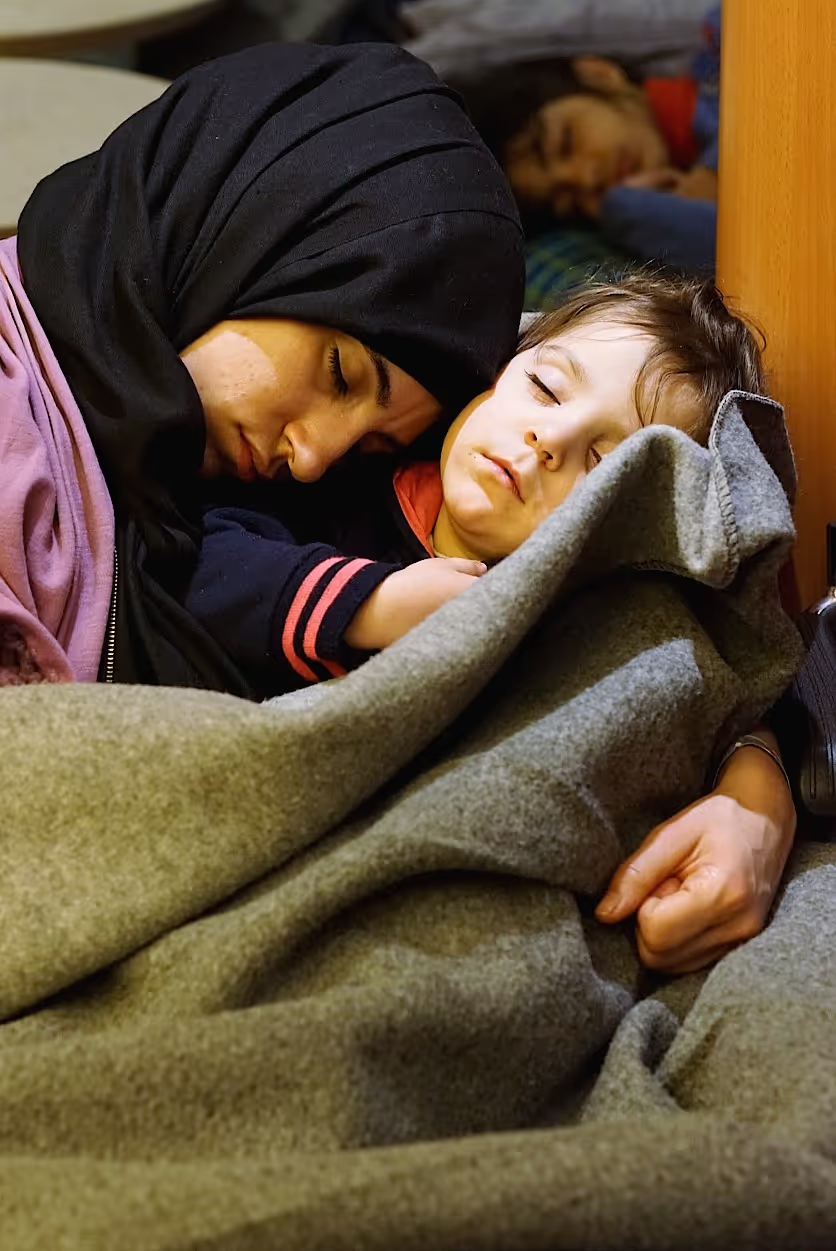
For people caughtup in an emergency, a word in the right language, or a word spoken where writing is not understood, can open the door tocare, dignity and human rights.
Yet in the humanitarian sector, we are often not well placed to ensure that weare communicating with affected people in a language and medium they understand. That is particularly the case in a newor rapidly evolving crisis or where those affected speak a range of languages or dialects.
Why language is a challenge in humanitarian response
One issue is a lack of information: in linguisticallydiverse contexts, basic data on language and communication issues for the affected population is not systematicallycollected and shared in the way that road access or the location of checkpoints might be. In the absence of specificdata, we make assumptions: that people speaking different dialects understand each other, or that information is gettingthrough to women as well as men.
The need for speed can hamper effective communication, especially insudden-onset emergencies. Data aggregators such as Ushahidi and QCRI can capture and relay geotagged messages frompeople stranded by a natural disaster in near-real time to help coordinate response efforts – but if the messages arenot in an ‘international’ language, they often can’t be processed.
The predominantly top-down management of aiddoesn’t help. Humanitarian response is generally coordinated by international and national experts, and in internationalor national languages. It is easy to miss the language barriers that may exclude others from theconversation.
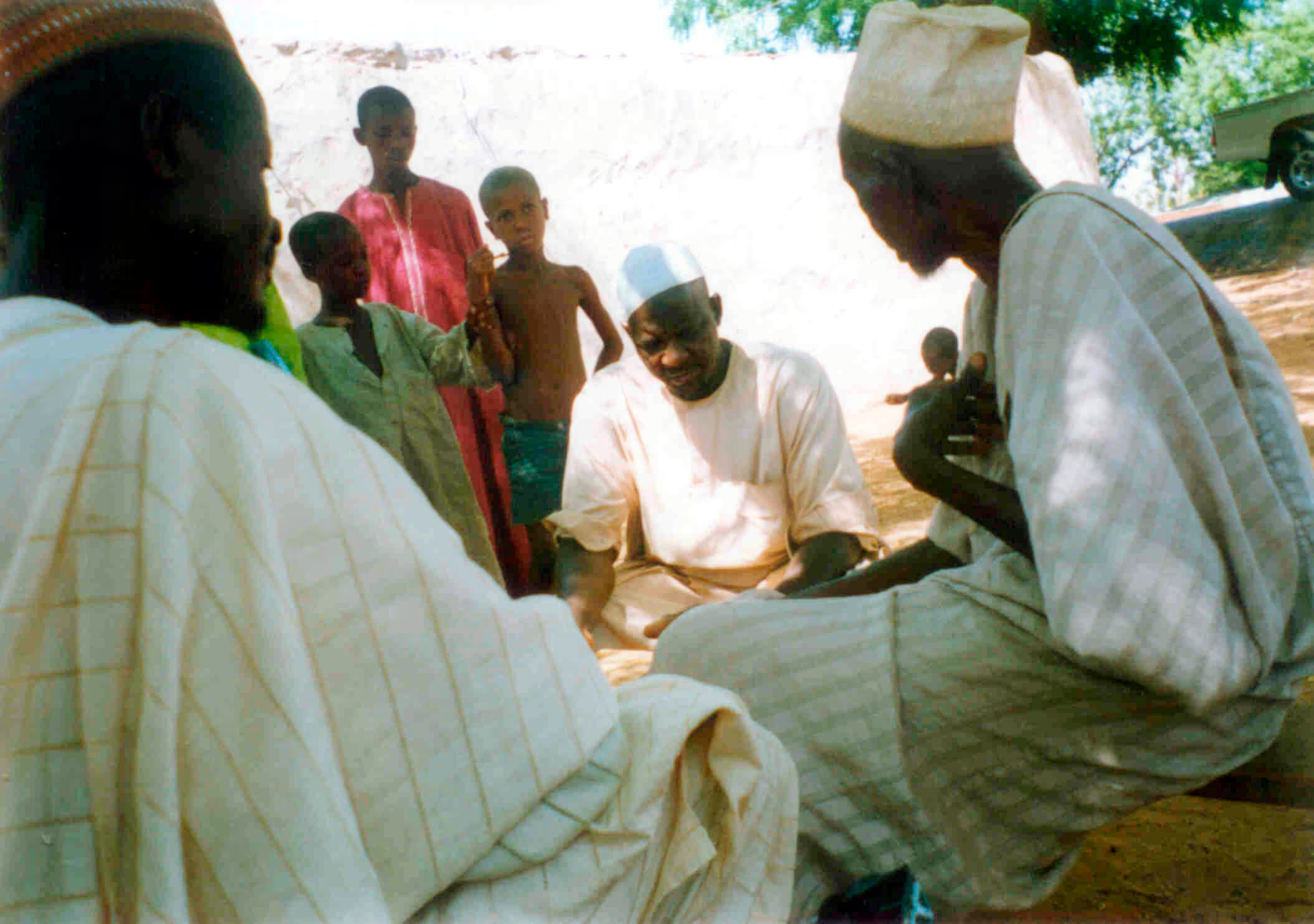
These difficultiescompound a more structural issue with language: the people who speak the ‘minority’ languages tend to be marginalized inother ways too. If I don’t speak the official national language, I maybe didn’t get far in school. Perhaps I can’t readvery well, and your leaflets on the help available are just colored paper to me; I’m also less likely to come forward togive my opinion or tell you what I need.
In some places, knowing my mother tongue will give you a fair idea of myfamily’s income, my nutritional status and how likely I am to be married by the age of 12. Language can be a proxy forvulnerability – for whether you can get away to safety when the fighting starts, whether your crops fail in dry years,or whether your house can withstand an earthquake.
In other words, the very people humanitarians most want tohelp are often those who are hardest to communicate with.
Meeting the challenge: communication in the right language
Translators without Borders provides languageservices to help with those challenges. We are scaling up crisis response capacity through our Words of Relief projectover the next two years, in order to:
- Generate wider awareness of language and communication issues in humanitarian action, to aid the design of services such as confidential advice. We will work with others to map the languages spoken, literacy levels and communication channels in specific emergency contexts, to help aid agencies plan. We will push for more systematic data collection on those issues, and support organizations to assess how far target populations understand existing materials.
- Increase language support to humanitarian response in crisis-affected countries, so there is an interpreter on hand when a refugee needs one, for example. We will crowdsource translation services, train humanitarian translators and interpreters, and offer terminology support to improve consistency. We will establish rapid-response translation teams for urgent communication in emergencies, working with data aggregators to ensure information in local languages is not lost. For languages with a small pool of qualified linguists, we will invest in training, support and quality assurance to build capacity for the future.
- Build language into preparedness, by pre-positioning resource materials in the languages of the most crisis-affected countries, to help ensure no aid is rendered useless for lack of understanding. We will use and promote the development of language technology such as machine translation, translation memories and mobile apps to increase the speed, accuracy and reach of communication in under-served languages.
The refugee, the IDP and the women whose crops were washed away all stand to gain from better provision forlanguage in humanitarian response. We hope to help make that a reality.
Read this blog in 4 other languages on the TWB website!
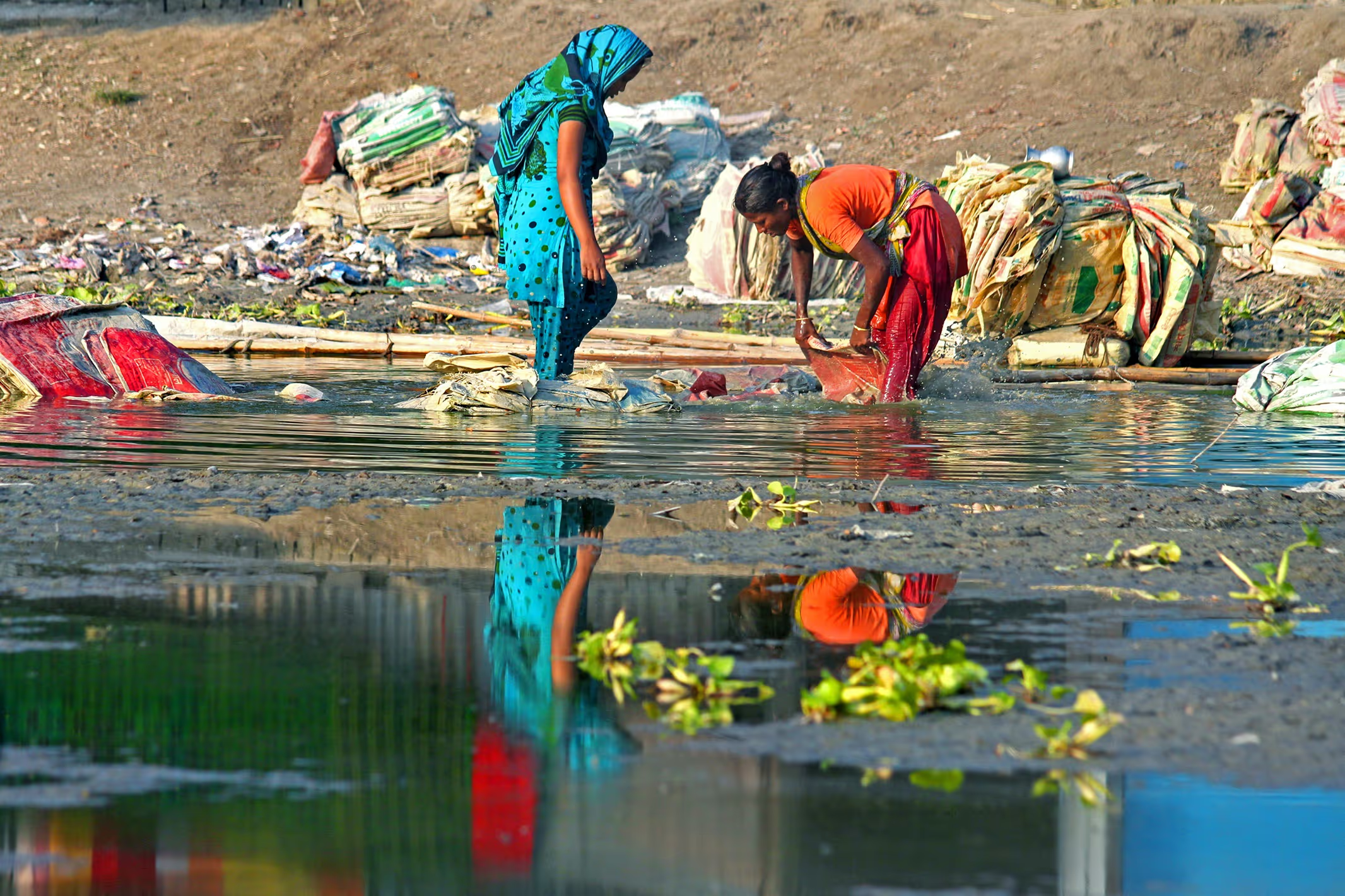
Stay updated
Sign up for our newsletter to receive regular updates on resources, news, and insights like this. Don’t miss out on important information that can help you stay informed and engaged.
Related articles
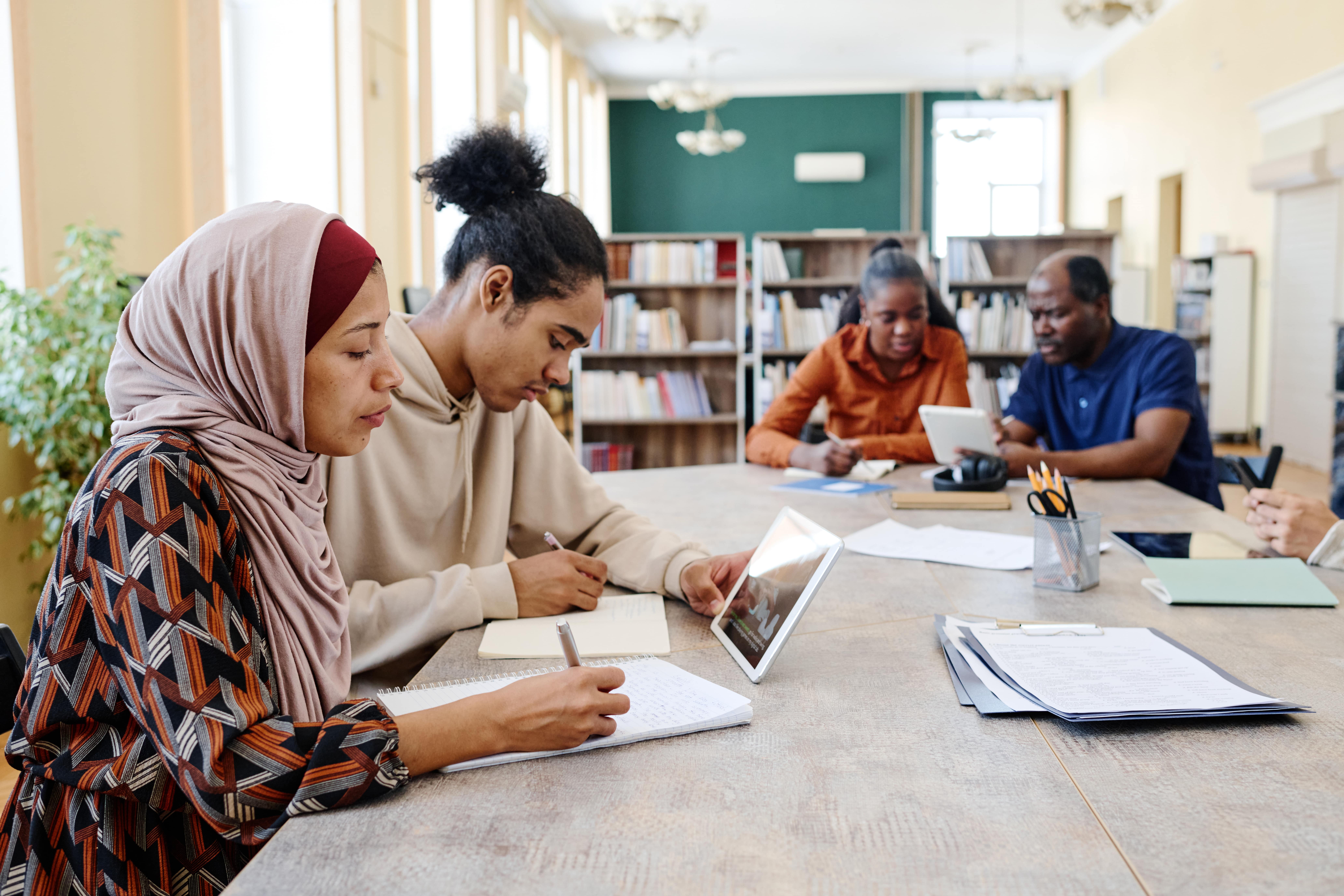
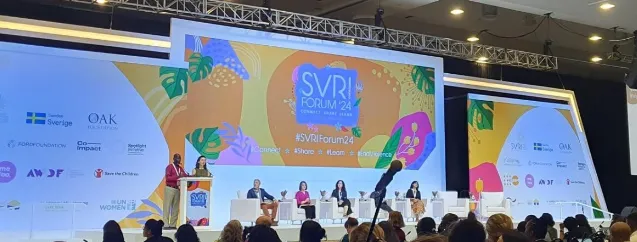
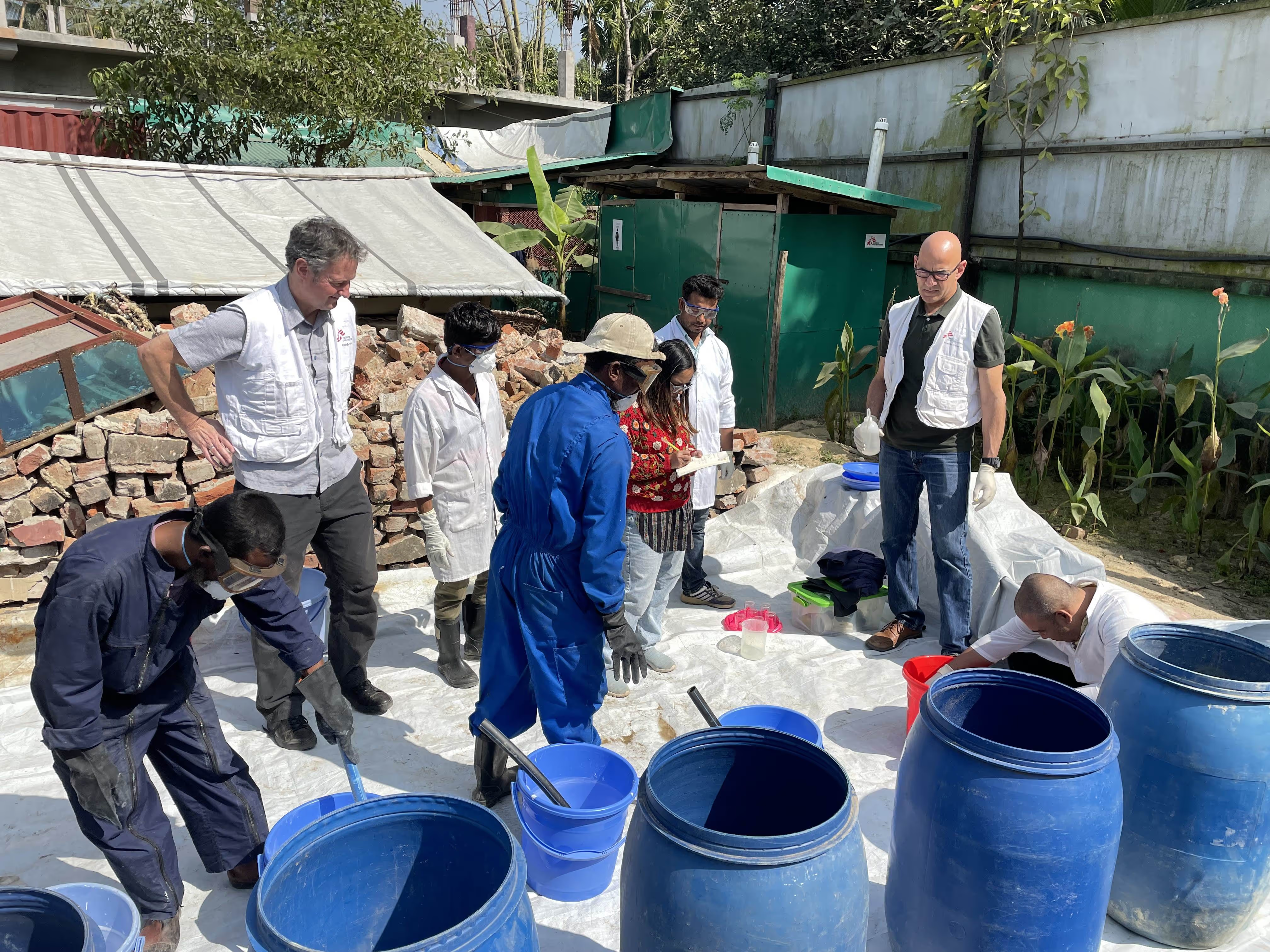
Explore Elrha
Learn more about our mission, the organisations we support, and the resources we provide to drive research and innovation in humanitarian response.